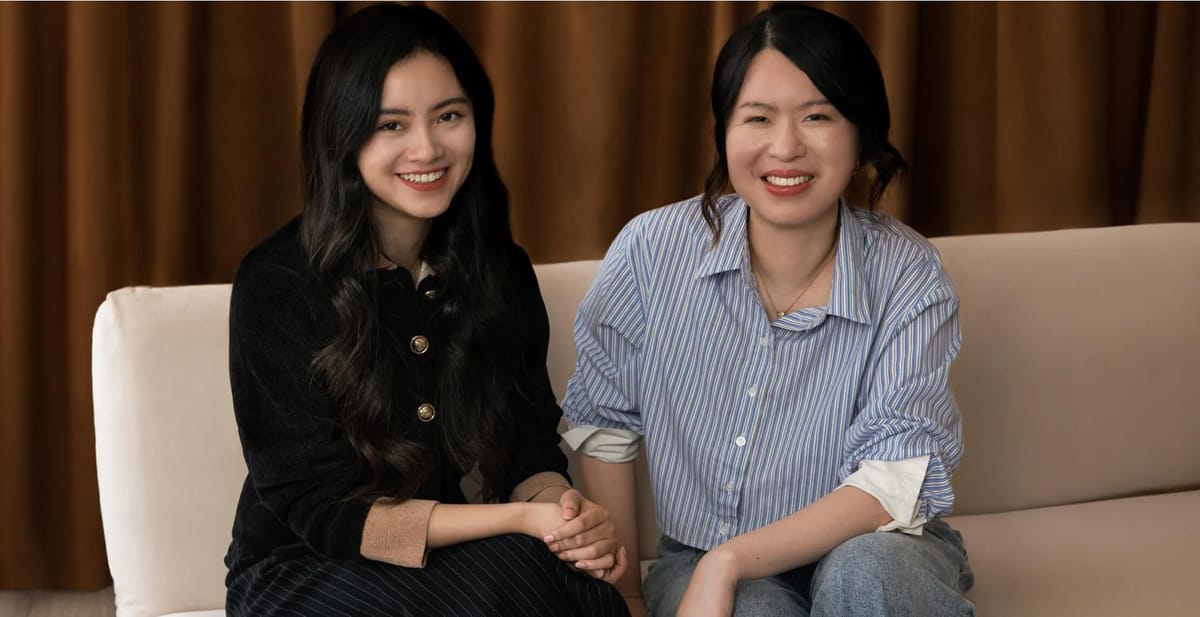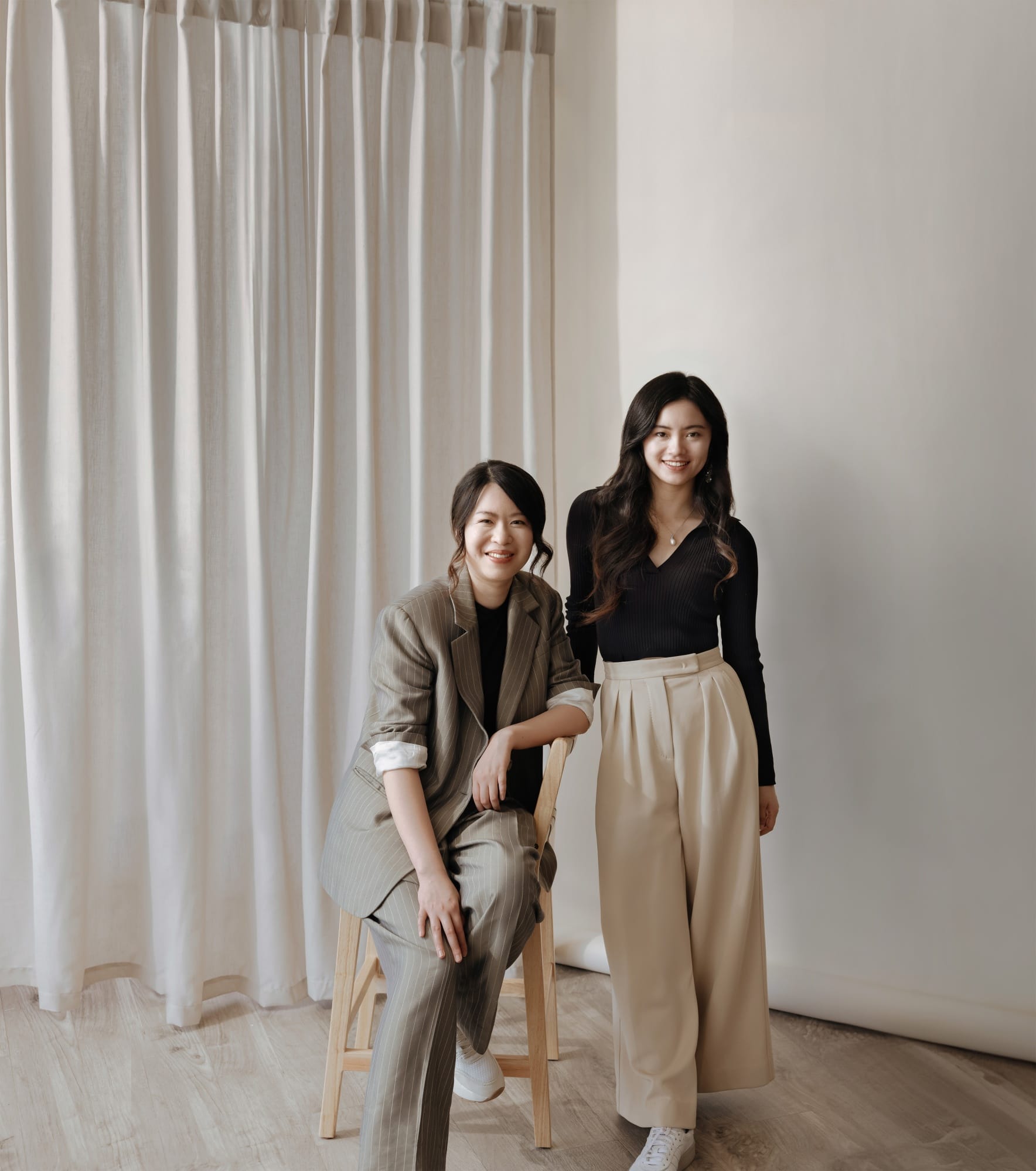
The world of AI video generation is heating up, and Pika Labs has just topped up its war chest. With a fresh injection of funding, the startup is prepared to take on established players like OpenAI and Google, as well as other well-funded startups.
The Funding Round
Pika has just announced an $80 million Series B funding round, led by Spark Capital and including notable investors such as Greycroft, Lightspeed, and even actor Jared Leto. This brings their total funding to an impressive $135 million. It's clear that investors are excited about the potential of AI video generation and Pika's approach.
The Founders' Vision

Demi Guo and Chenlin Meng, the 26-year-old CEO, and her co-founder, friends, and former Stanford AI PhD candidates, started Pika with a vision to remove barriers to video creation. In just a year, they've built a team of 13, including AI researchers from Google, Meta, and Uber, and released their 1.0 model and web app. They believe their technical expertise and experience will enable them to build the best video foundation model and product for video creators.
The Product
As social media platforms increasingly prioritize video content, tools that simplify the video creation process are in high demand. Pika Labs' user-friendly platform has already attracted millions of users, including Jared Leto's band, Thirty Seconds to Mars, which has incorporated Pika-generated videos into their concert footage.
Pika's tool allows users to generate short videos from text prompts, still images, or other video clips. It offers features like creating sound effects, adding lip sync to characters, aspect ratio changes, trimming, and the ability to modify elements within the video, such as clothing. The company has plans for a significant update later this year, including improvements to video length and quality, as well as consistency in character generation.
The Competition
Needless to say, the race is on to dominate the AI video generation space, with Pika going up against deep-pocketed competitors. OpenAI, with its upcoming Sora product, and Google's Veo are the big tech giants in this arena. Additionally, startups like RunwayML, which has raised $250 million, and Synthesia are also in the mix. This week, we even saw a new entry from Chinese short video platform Kuaishou, with Kling.

Challenges and Opportunities
Creating high-quality AI-generated videos is no small feat. It requires immense computational power and sophisticated algorithms, making it both expensive and technically challenging.
The challenge for all these companies is to perfect the technically demanding and costly process of AI video creation while also improving the user experience and accessibility of their tools.
The Takeaway
The funding and attention Pika has received highlight the potential of AI video generation and the demand for more accessible tools. And, despite the competition, Pika Labs remains confident in its ability to build the best video foundation model and deliver a superior product for video creators.
Still, while the potential applications of AI-generated video content are vast, questions must be raised about the technology's potential misuse, such as the spread of disinformation and propaganda. Companies like OpenAI and Google have erred on the side of caution and restricted access to their technology. It will be crucial for companies like Pika Labs to also be more transparent about how they are prioritizing responsible development and the safe use of their technology.


